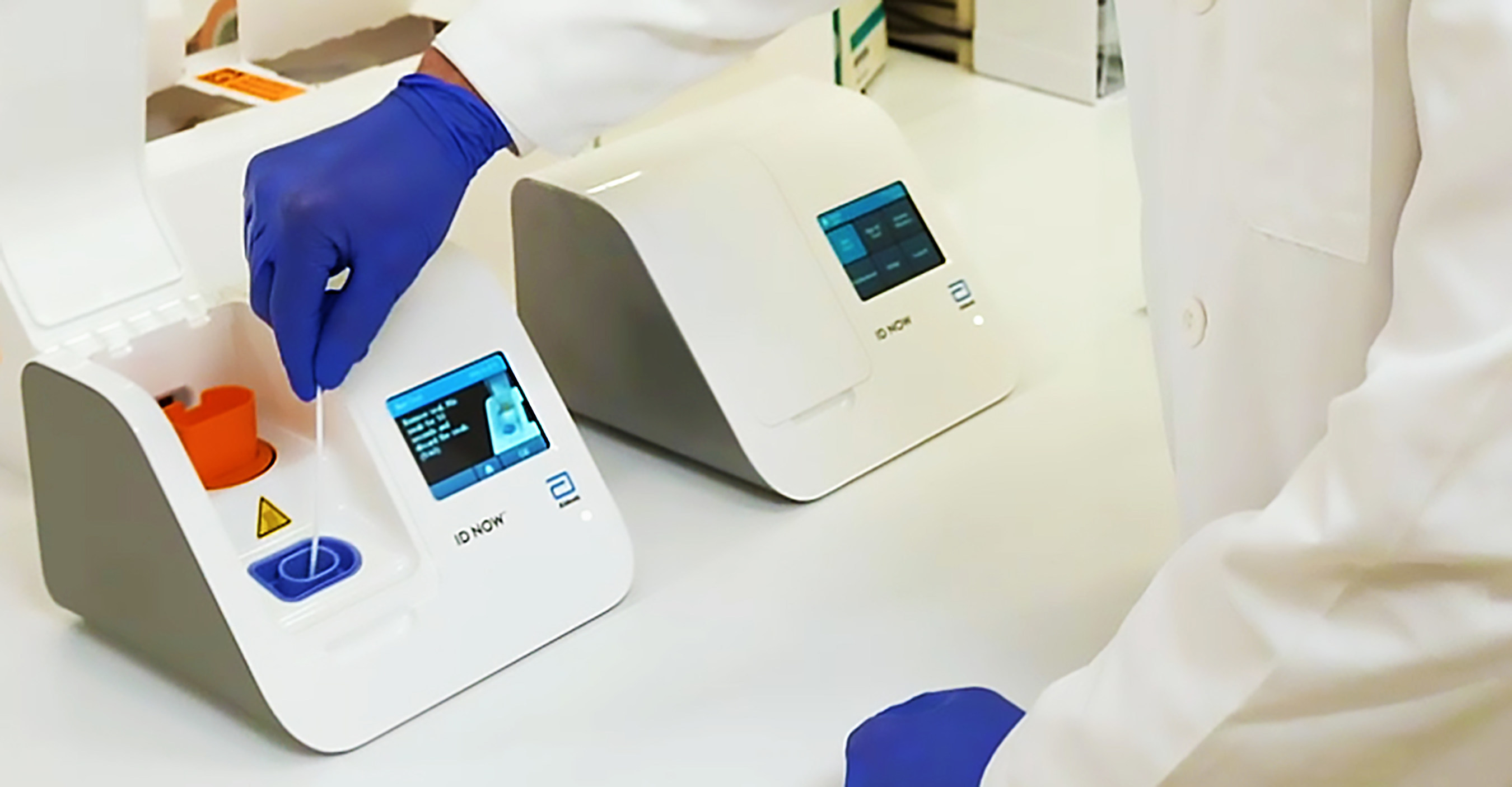Lateral Flow Antigen Test for Canine Parvovirus
The Lateral Flow Antigen Test (LFAT) is a rapid diagnostic test designed to detect the presence of specific antigens in samples. In the context of veterinary medicine, this test is particularly valuable for diagnosing Canine Parvovirus (CPV) infections quickly and accurately at point-of-care settings.
Canine Parvovirus infection remains one of the most prevalent viral diseases affecting dogs worldwide. Prompt diagnosis and treatment are crucial to improving survival rates and reducing the spread of the virus. The LFAT for Canine Parvovirus provides a simple, fast, and cost-effective method that can be used by healthcare professionals in various settings, including clinics, emergency rooms, and even pet owners themselves under supervision.
The test operates based on immunochromatography principles, where antibodies specific to the CPV antigens are immobilized onto one part of a membrane. When a sample containing these antigens is introduced into the system, they bind to the immobilized antibodies, forming visible bands that indicate the presence or absence of the virus.
Preparation for testing involves collecting fecal samples from affected dogs following standard protocols recommended by veterinary associations such as the World Small Animal Veterinary Association (WSAVA). Specimen preparation is straightforward; it typically requires minimal processing steps to ensure optimal results. It's important to note that incorrect sample handling can lead to false negatives, emphasizing the need for strict adherence to protocol.
The LFAT device itself consists of a card with two reagent pads: one coated with antibodies specific to CPV antigens and another containing a control antibody. After adding the prepared specimen, the liquid travels through the membrane by capillary action. If CPV antigens are present, they will bind to the first pad, resulting in visible lines that confirm positive results.
Accuracy of LFAT is high when used correctly but should be interpreted within its limitations. Factors like sample quality and proper technique can significantly impact outcome reliability. For instance, improper dilution or insufficient mixing may yield unreliable results. Therefore, training personnel to follow precise procedures ensures accurate diagnoses.
In terms of acceptance criteria, according to ISO 15223-4:2018 standards for in vitro diagnostic medical devices (IVDs), performance characteristics include sensitivity and specificity rates which must exceed certain thresholds defined by regulatory bodies. Sensitivity measures the test's ability to correctly identify those with the disease, while specificity assesses its capability to exclude those without it.
The LFAT for Canine Parvovirus is widely used in various clinical scenarios where quick results are essential but complex laboratory equipment isn't available. Its portability makes it ideal for fieldwork or remote locations where immediate decisions need to be made regarding patient care. This includes emergency situations when rapid diagnosis could save lives.
Compared to other diagnostic methods such as polymerase chain reaction (PCR) testing, LFAT offers several advantages. PCR tests are highly sensitive but require expensive equipment and trained personnel, making them less practical for point-of-care settings. In contrast, LFAT provides quick results without extensive infrastructure requirements, allowing healthcare providers to make timely decisions based on the test outcomes.
Applied Standards
- ISO 15223-4:2018 - In Vitro Diagnostic Medical Devices: Particular Requirements for the Performance Evaluation of Qualitative In Vitro Diagnostic Medical Devices Intended to be Used in Veterinary Medicine.
- ASTM E2796 - Standard Practice for Designing and Conducting Performance Evaluations of Point-of-Care Tests (POCTs).
Eurolab Advantages
EuroLab offers comprehensive testing solutions tailored to meet the unique needs of clinical and healthcare sectors, particularly in rapid diagnostic testing. Our expertise lies not only in providing accurate diagnostic tools like LFAT for Canine Parvovirus but also ensuring that these products adhere strictly to international standards.
We offer robust quality assurance programs aimed at maintaining consistent performance across all our tests. This includes rigorous validation processes, continuous monitoring of product efficacy, and adherence to regulatory guidelines set forth by organizations such as the European Union (EU). By partnering with EuroLab, you gain access to cutting-edge technologies backed by extensive experience in developing reliable diagnostic solutions.
Our commitment extends beyond merely supplying tests; we also provide comprehensive training programs for users of our products. These educational resources ensure that healthcare professionals understand how best to utilize these tools effectively and interpret results accurately.





